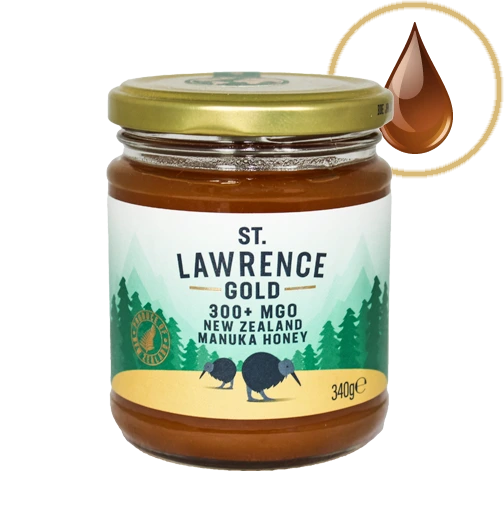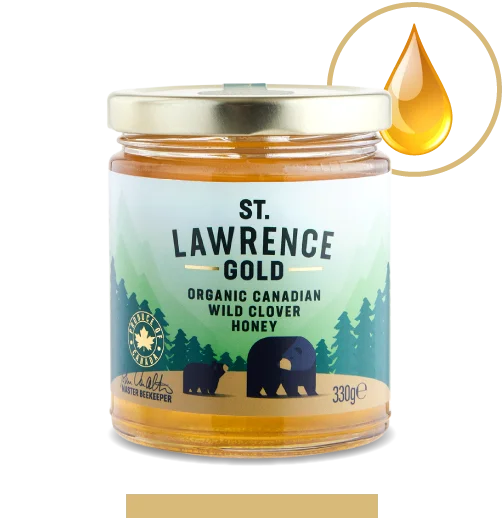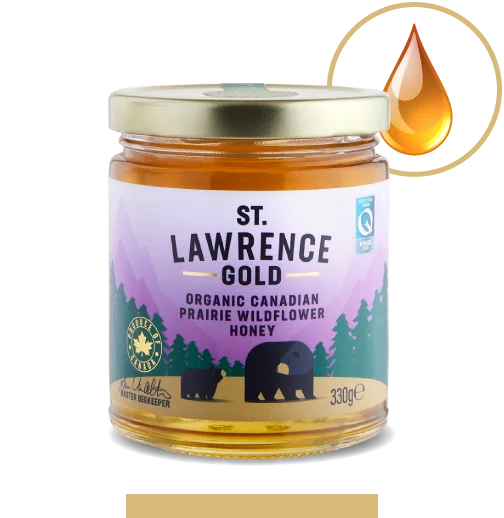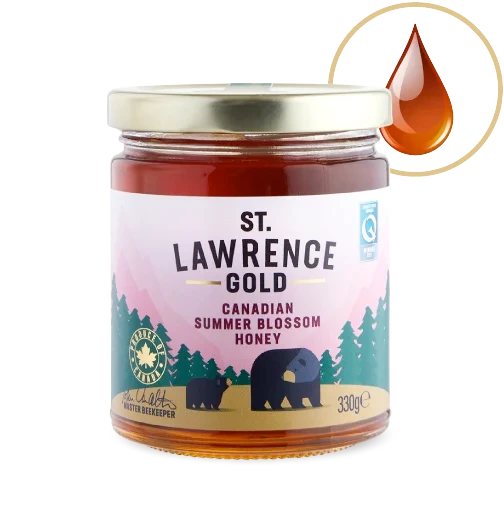A craft honey for all seasons
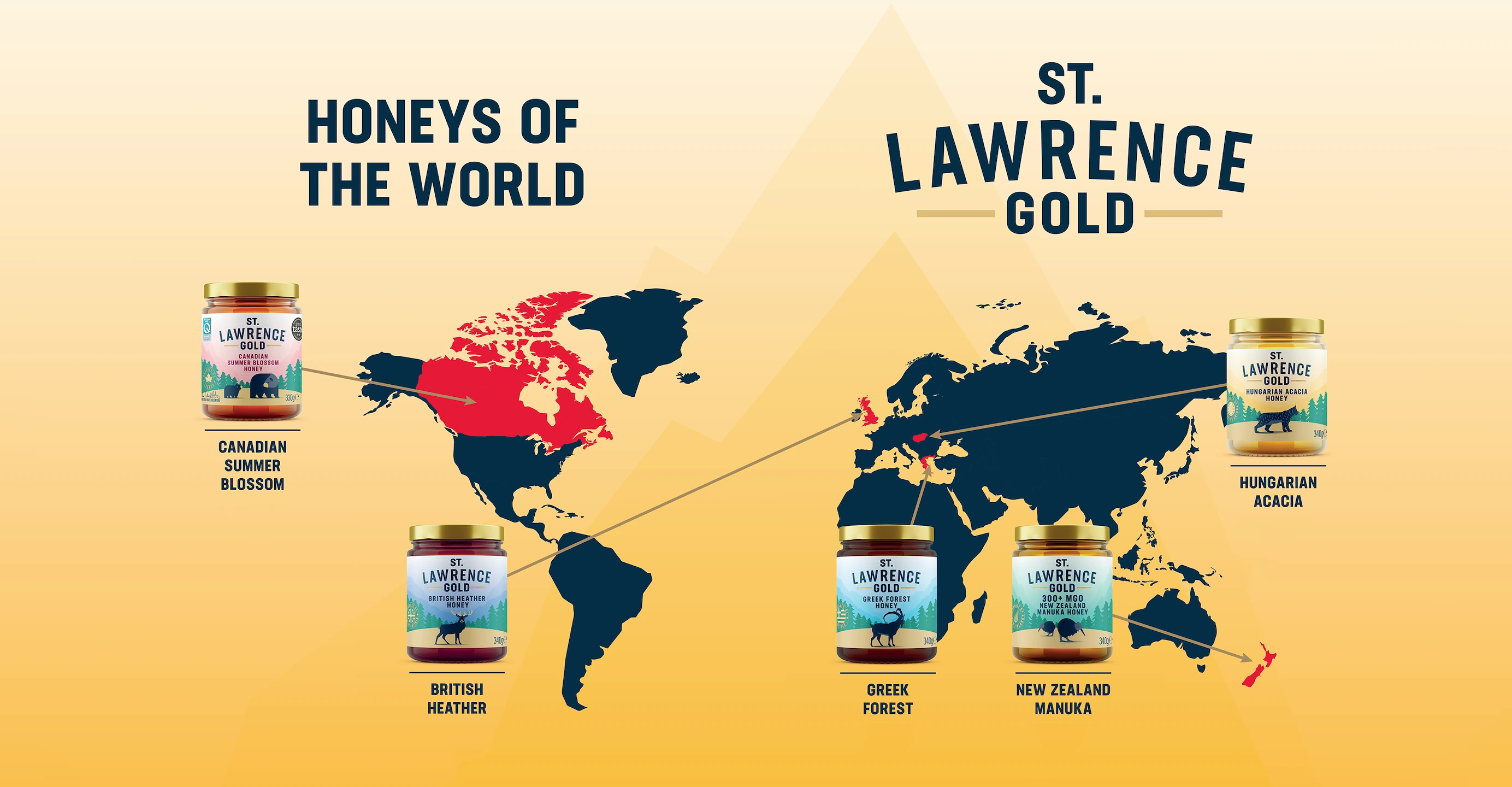
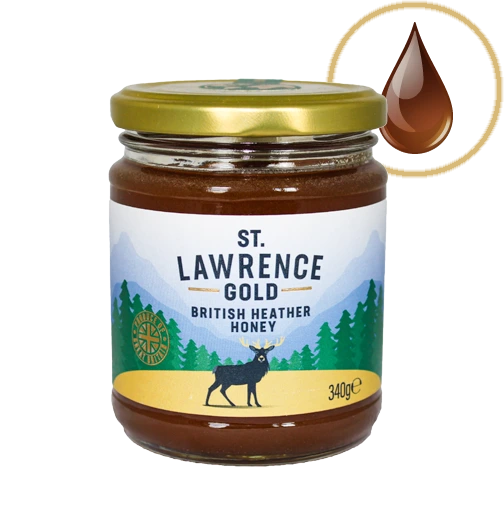
British Heather
From the Scottish Highlands. Deep amber colour.
Aromatic and warming caramel flavour with a strong aroma and subtle sweetness.
Packed with antioxidants.
Try with cheese or ice cream for delicious contrasts.
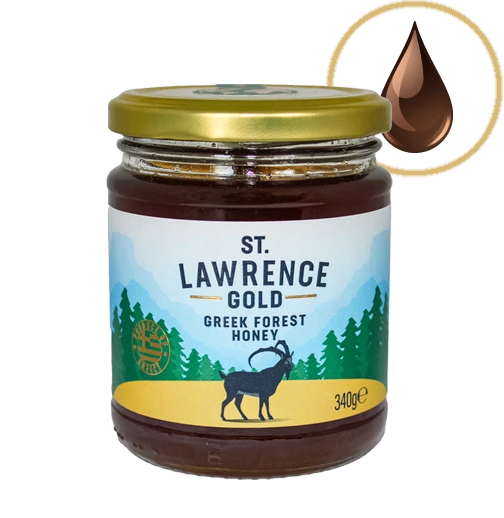
Greek Forest
From Greece, where there are the most beehives per acre and the most diverse flora in the Mediterranean.
Deep, dark brown colour.
Strong honey with a bold taste, richer in aroma than other honeys.
Perfect for pairing with meats and cheeses.
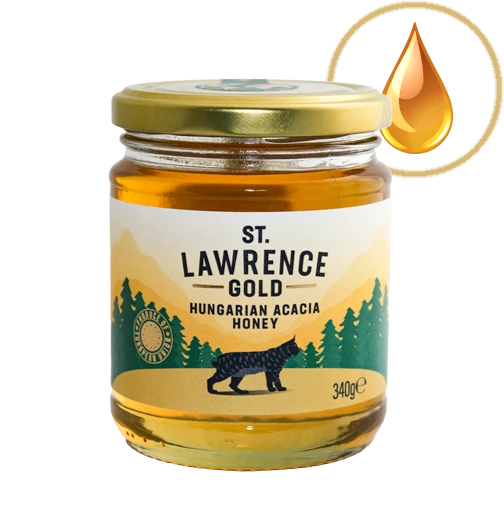
Hungarian Acacia
From the high mountain lawns of Hungary.
Pale, golden, transparent coloured honey.
Light honey with a delightfully clean and delicate taste.
Ideal for use as a natural sweetener in hot drinks, yoghurts and juices.
From hive to table

How it's made
Learn about where our honey originates from and how it makes its way from the hive to your table.

A planet friendly food
Explore how our honey promotes bee welfare and reflects our sense of environmental responsibility.
About our craft quality
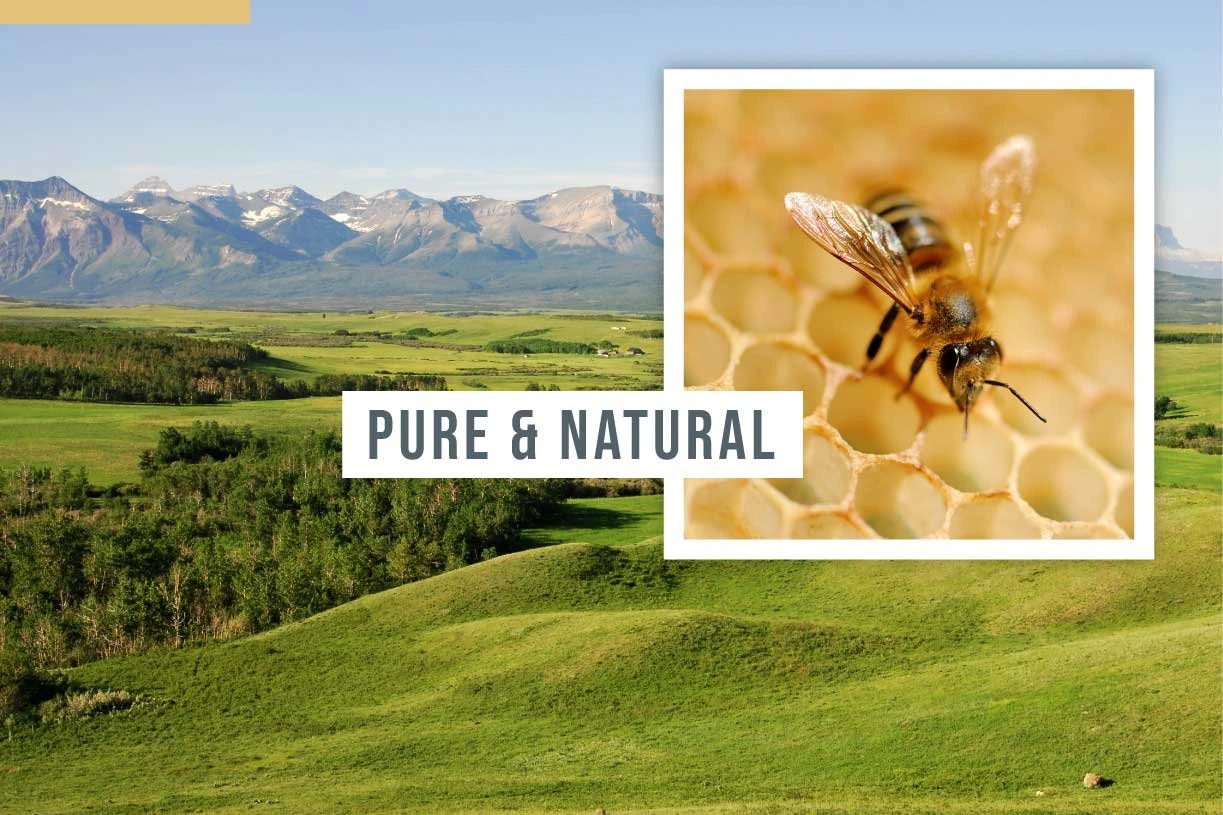
Our craft process
• A more natural craft process gives St. Lawrence Gold honeys the following shared characteristics:
• Single origin – None of our honeys are ever blended;
• Minimal filtering – to remove all contaminants;
• Low heating (never above 60 degrees C) - to retain the natural antioxidants, minerals and vitamins.
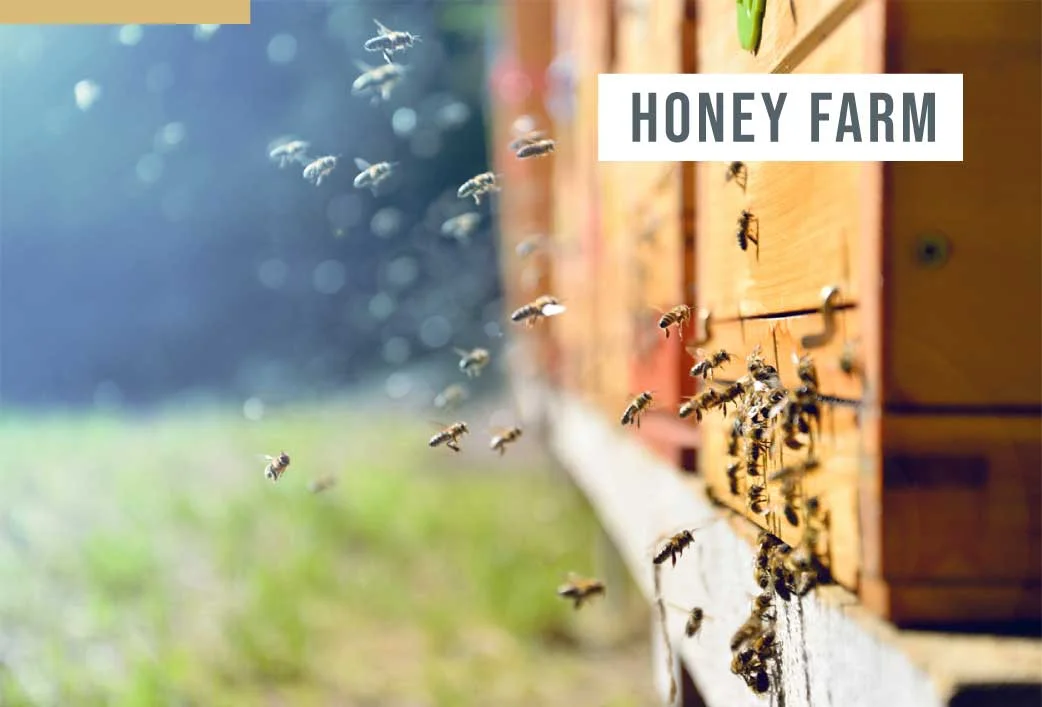
The importance of bee welfare
• In order to thrive, bees require a healthy environment. That’s why our beekeepers and producers are passionate about bee welfare and adhere to high standards.
• This includes making sure the colonies can freely access sources of nectar and pollen; that honey is only taken from the hive when there is enough produced for the bees themselves and disease prevention measures are in place that ensure the wellbeing of the bees.

